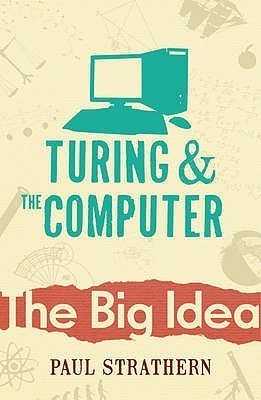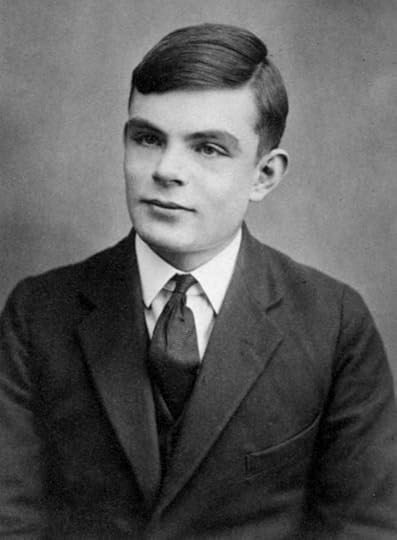What do you think?
Rate this book


Author Paul Strathern sets Turing's accomplishments in their historical context. He starts with the long prehistory of the computer--its roots in devices such as the abacus, the slide rule, and Charles Babbage's remarkably sophisticated 19th-century "difference engine." Strathern then moves deftly through the great mathematical debates that led to Turing's formulation of the abstract "universal computing machine" in the mid-1930s. The author also lucidly presents Turing's contributions to turning that abstraction into a concrete mechanism, beginning with Turing's work on the Colossus machine, which cracked Germany's secret codes during World War II.
Strathern conveys with equal vividness the haunted private side of Turing's life--his furtive homosexuality, his difficult relationships, and his conviction in the early '50s on charges of indecency, a not-so-private scandal that apparently led to his suicide. The book owes its rich detail to the work of pioneering Turing biographer Alan Hodges, and Strathern graciously acknowledges the debt. But the accomplishment of packing Turing's big life and big ideas into such a compact package is entirely Strathern's own. --Julian Dibbell
Audiobook
First published January 1, 1997

"¿Qué significa ser humano?, ¿qué es exactamente la inteligencia humana? (...) ¿Podría una máquina adquirir estas cualidades?, ¿cómo distinguimos una inteligencia humana de la inteligencia de una máquina?"Lectura amena y sencilla, sin ahondar en complejidades matemáticas, que menciona algunas de las personas e inventos más relevantes que contribuyeron al desarrollo de la computadora como la conocemos. Enfocándose especialmente en Alan Turing, ese genio matemático (además de atleta de nivel casi olímpico) tímido y solitario que se considera hoy en día como uno de los padres de la informática y lo que conocemos ahora como inteligencia artificial.